Islamic Development Bank and International Islamic Trade Finance Corporation Discuss Agritech Digital Solutions in 2nd Agritech Webinar. The 2nd in a series of special webinars from IsDB and ITFC explored how 4IR solutions can transform supply chains and boost the flow of agricultural trade across borders
Jeddah, 26th November, 2020 – The International Islamic Trade Finance Corporation (ITFC) and the Islamic Development Bank (IsDB) (Agriculture Division) in collaboration with IsDB Group Business Forum (THIQAH) recently hosted a webinar entitled “Agritech Digital Solutions”, covering how fourth industrial revolution (4IR) innovations can drive sustainable change across agribusiness value chains.
With around 45% of crops produced going to waste, and an estimate 690 million people estimated to have been undernourished last year, agri-value chains face enormous challenges and pressures to improve efficiency, promote financial inclusion and adapt to the current digital environment.
In this second of Agritech webinars in a series from the IsDB and ITFC, the panellists looked at how 4IR solutions can empower local agribusiness actors and enrich agriculture value chains across the region by identifying specific transformation challenges, including legal, commercial, sovereign, financial and capacity building hurdles.
Aimed at public and private sectors in the field of Agriculture from Organisation of Islamic Cooperation (OIC) member states, agriculture start-ups, academic institutions and multilateral development banks, the webinar examined how to leverage the power of ICT application and partnerships through a panel discussion and three presentations on Paperless Trade, Digital Supply Chain Management, and IoT in the Digital Supply Chain.
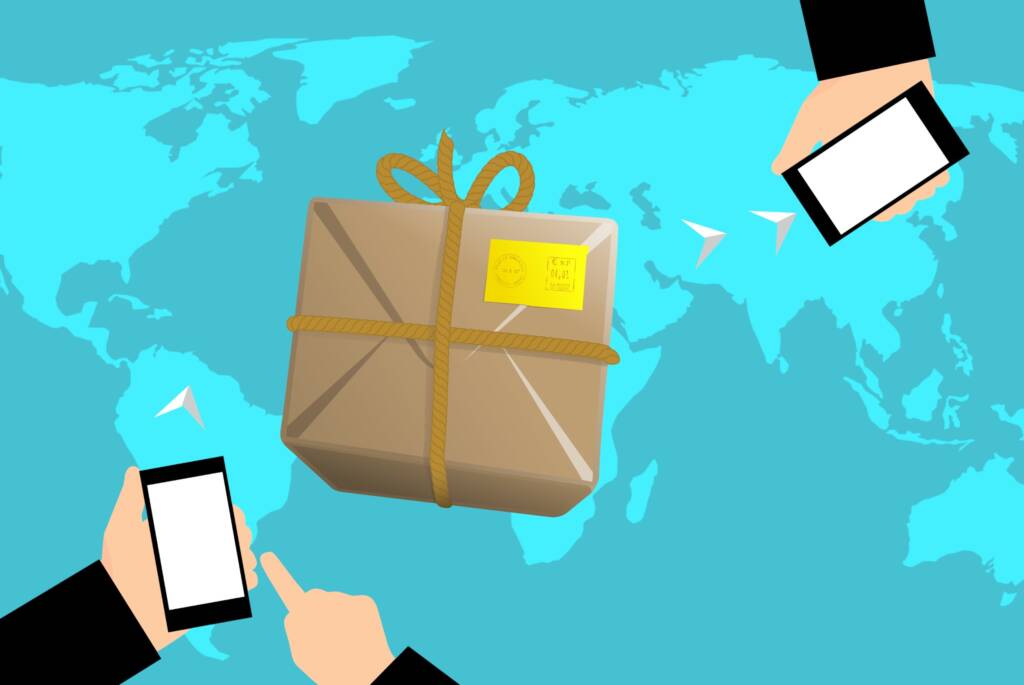
The Fourth Industrial Revolution
Several 4IR solutions were identified throughout the panel discussions, ranging from e-Bills of Lading and presentation of goods, right through to harnessing interoperability in emerging technologies such as IoT and AI. Presentations focused on how we can widen access to financing through fintech solutions, how to apply digital applications to help reduce crop wastage, and how to boost the flow of agricultural trade (input and output markets) within and across countries.

The General Manager, Trade & Business Development at ITFC, Eng. Nasser Al-Thekair, noted that “With so much at stake in agriculture – hundreds of millions of jobs, food security and the impacts of climate change – it is imperative that leading players in the agri-ecosystem come together to formulate practical 4IR solutions that can be applied easily across the value chain. During this webinar on Agritech Digital Solutions, we examined potential 4IR solutions to enhancing transparency and visibility across supply chains, from the farmer to the market – this is crucial in garnering trust among financiers, producers, consumers and other stakeholders.
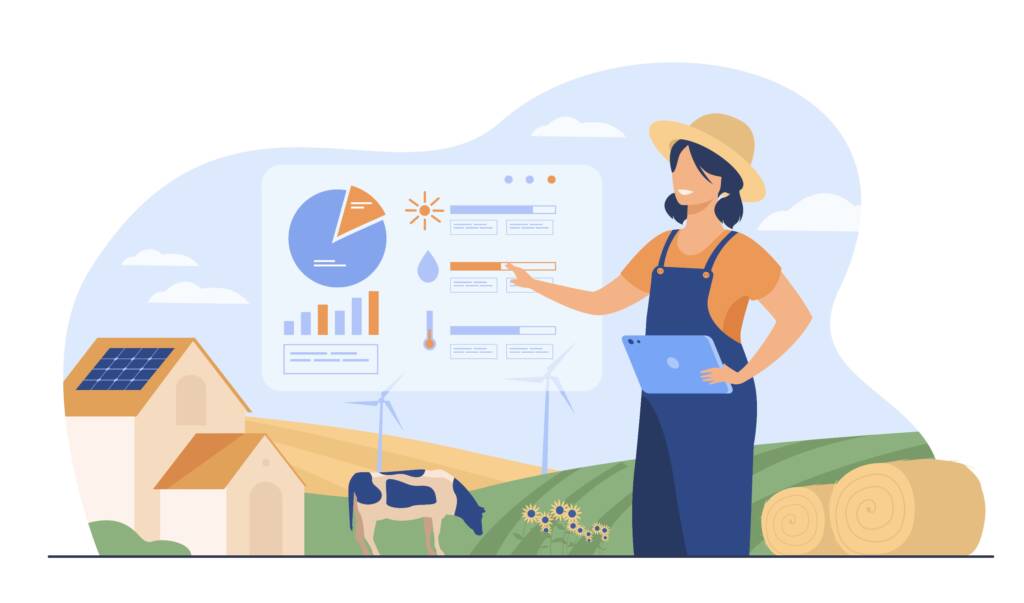
Same problems, new solutions
The webinar highlighted growing evidence that digital solutions such as blockchain, the Internet of Things (IoT), Artificial Intelligence and robotics can create conditions for inclusiveness, enable connectivity between producers and buyers of farm production, and empower women and youth, smallholder businesses and actors, and connect less-developed markets with more developed ones.
Master of Ceremony Nasser M. Al-Thekair – General Manager, Trade and Business Development ITFC, introduced the first panel discussion examining global practices and lessons, which was moderated by Deepesh Patel – Editorial Director, Trade Finance Global (TFG). The panellists included Wolfgang Lehmacher – Leader of KATALYST’s Supply Chain Innovation Network, Sachin Gupta – the Global Agribusiness Offering Leader at IBM, Oswald Kuyler – the Managing Director of the International Chamber of Commerce’s ‘Digital Standards Initiative’ (DSI), and Philip Harris – Co-Founder of Ripe.io.
Deepesh Patel, Editorial Director at Trade Finance Global said: “We talked about Supply Chain 3.0 8 years ago, which meant implementing basic IT systems, leveraging digital capabilities and trying to increase yield and efficiencies in supply chains. Supply Chain 4.0 is now addressing how we can address the age-old challenges around paper-heavy and antiquated supply chains. The session encouraged debate around how we can apply the Internet of Things, the use of advanced robotics and big data in supply chains.”
Presenting their perspectives in their specialist fields were Jacco de Jong – Head of Global Sales Bolero who explained the benefits of Paperless Trade; Carlina Marani – BDE TradeLens Europe & MEA at IBM who spoke about Digital Supply Chain Management; and Jens Munch Lund-Nielsen – Head of Global Trade and Supply Chains at IOTA who presented perspectives on the role of IoT in the Digital Supply Chain.
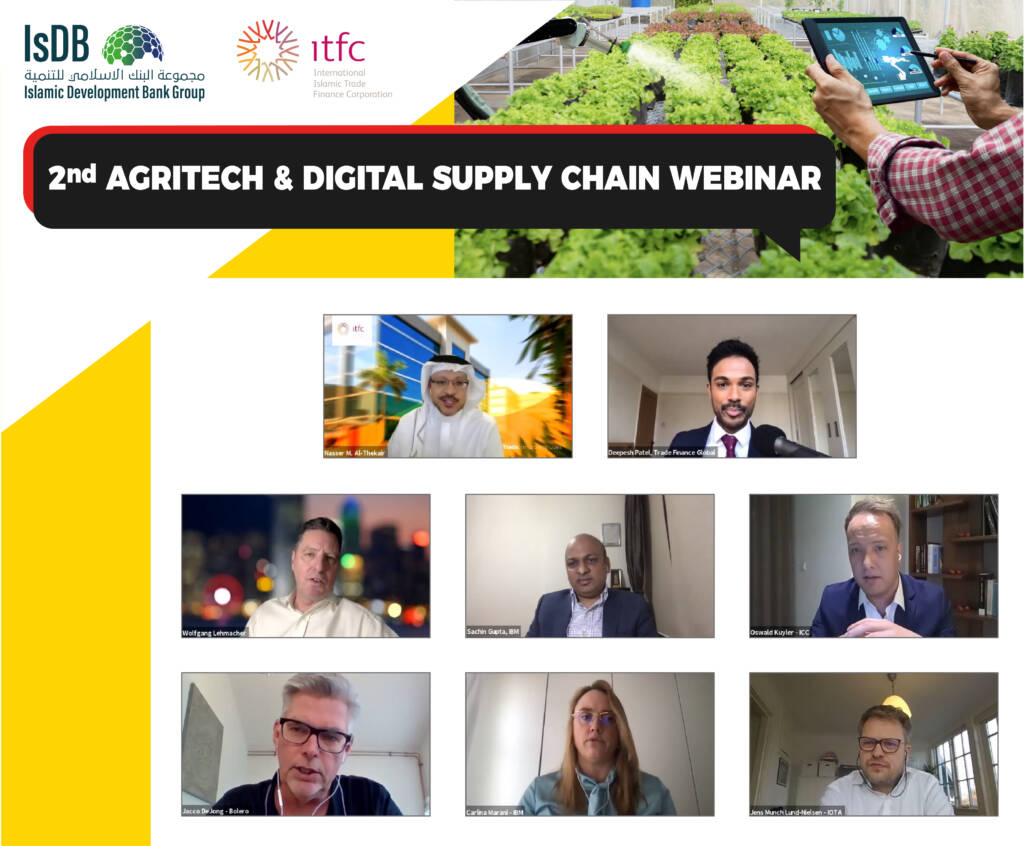
For more information on the webinar, see www.agritech-webinars.com.
 Australia
Australia Hong Kong
Hong Kong Japan
Japan Singapore
Singapore United Arab Emirates
United Arab Emirates United States
United States France
France Germany
Germany Ireland
Ireland Netherlands
Netherlands United Kingdom
United Kingdom
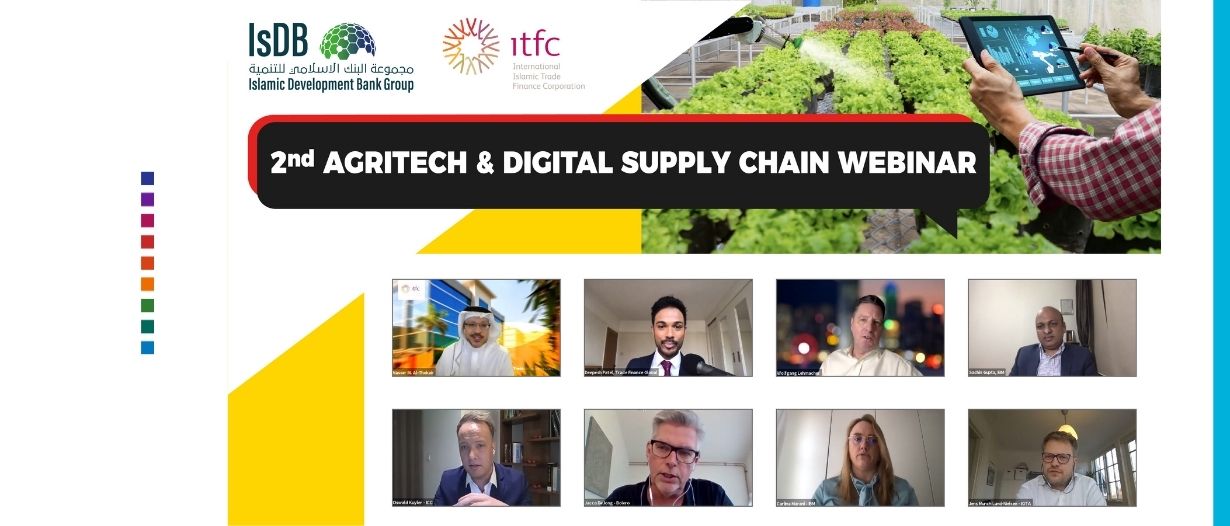


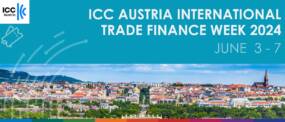



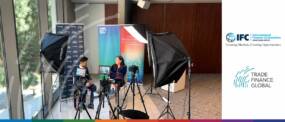

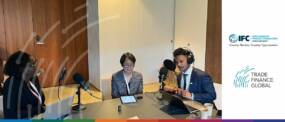

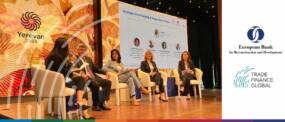
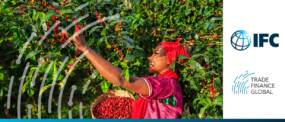
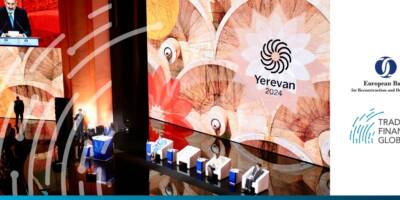
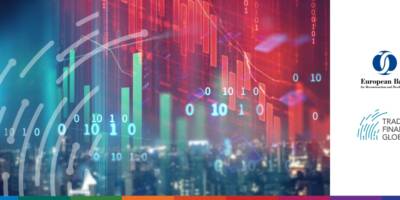


Comments are closed.